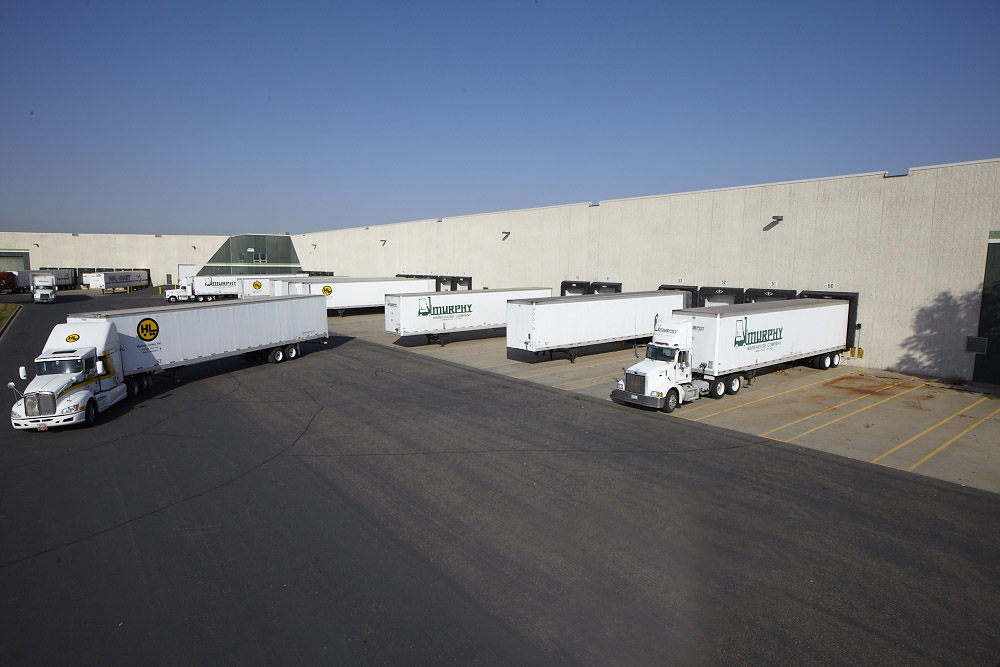Physicians, nurses, and other healthcare professionals count on medical logistics to ensure supplies are available when they are needed. Patients require medications, supplies, and equipment, which is why medical logistics provides a steady stream of these goods so medical facilities never go without them.
Medical logistics also applies to the manufacturers of the supplies and equipment that are used by healthcare providers. These companies design, build, package, and ship medical-related products every day. To be able to maintain this supply chain seamlessly, they count on medical logistics partners to store and transport the parts and finished goods.
Creating a good supply chain involves connecting these resources from starting point to the finishing point. The effectiveness, cost, and quality of these resources depend heavily on medical logistics. For this reason, finding a trustworthy medical logistics partner is paramount.

The Healthcare Supply Chain
The various components of the healthcare supply chain which enable patients to preserve their health and receive necessary treatments are unknown to the majority of Americans. Before arriving at one of the 6,090 hospitals or more than 67,000 pharmacies in the United States, medicines and other healthcare goods must pass through numerous facilities after they leave the producer. This complexity is heightened by the enormous volume of goods and medications transferred through the supply chain.
The healthcare supply chain has many pieces, including pharmacies and medical facilities, medical manufacturers, and logistics partners. Manufacturers and distributors are crucial to the healthcare supply chain.
The first link in the supply chain and the source of the essential medications and medical equipment are manufacturers. The second link in the healthcare supply chain is the distributor. Distributors carefully maintain inventories in key locations across the nation to ensure they are available when the need arises. At every point in the supply chain, collaboration with medical logistics providers helps ensure that medical supplies are delivered to their destination.
Handling Medical Supplies and Equipment
To ensure medical equipment and supplies arrive undamaged and on schedule, specialized shipping methods must be used. While those objectives are the same regardless of the load, there are considerations to keep in mind when it comes to medical logistics. Four crucial factors include:
Tracking and Insurance
It is vital for a professional medical logistics company to make sure the appropriate insurance is in place for those rare instances when an incident occurs.
Humidity and Temperature Sensitivity
In the medical world, the technology or materials used will impact how things can be shipped and stored. Maintaining a constant temperature, humidity level, or sometimes both may be required to prevent damage. To address this, medical logistics plans may require reefer (refrigerated) shipping.
Handling Hazardous Materials
Medical devices, supplies, and equipment often contain chemicals or other hazardous materials. It is vital that this is considered, and that these types of shipments are always transported in approved containers.
Shipping and Packaging
Many types of medical equipment are extremely complicated devices, thus packaging them requires a precise method to prevent even the least damage. When it comes to other medical products, especially consumables, the same care must be considered. This will allow for not only avoiding damaged products and equipment but also secure and successful delivery.
Medical Logistics for Pharmaceuticals
Special consideration needs to be taken in the medical logistics supply chain when dealing with pharmaceuticals. Pharmaceuticals require the same level of care and precision in handling as any other piece of medical equipment or medical device. In fact, because pharmaceuticals are consumed by humans, they require even more attention.
A company that engages in medical logistics must follow every rule and best practice to ensure there are no issues. Whether the materials in question are raw or refined, maintaining the purity and stability of these components is necessary.
It’s important to remember that patients desire reassurance that their prescriptions were not tampered with during transportation. This goes for the individual ingredients that result in the final product. With the ever-increasing concerns about the source, accessibility, safety, quality, and cost of medications, being able to deliver end-to-end security in your medical logistics supply chain is imperative.
Solving Your Medical Logistics Dilemma
A growing and aging US population will require more healthcare as the country’s life expectancy rises. More medications, especially specialty drugs, will be needed by patients. The need for home deliveries and treatments will increase. Logistics for healthcare will face additional challenges as a result of these changes.
From 24% of global pharmacy spending in 2013 to 36% in 2019, specialty medications have clearly increased. By 2024, they are projected to increase to 40% overall and 52% in developed regions. These are expensive, sophisticated treatments that frequently address rare conditions; many of them also have particular handling needs. For example, they may require refrigeration, enhanced security, overnight delivery, and more precise tracking. There are similar challenges facing manufacturers of medical devices and equipment.
The medical sector is being transformed by many developments, not the least of which is patient behavior. Pharmaceuticals, OTC drugs, and medical supplies will become more consumerized as a result of price competition and multichannel demand. Care will concentrate locally and relocate to more practical, less expensive locations. This places new challenges in the laps of medical manufacturers.
This is where a trusted medical logistics partner really makes a difference. With fleets of trucks, extensive partner networks, and vast storage warehouses, an experienced medical logistics company is continually becoming a key cog in a complex system.
Ensuring there are no gaps in your medical supply chain calls for reliability and consistency. That is where logistics and medical warehousing companies excel. With the help of a trusted logistics partner, your supply chain will have everything in place to ensure results. By partnering with a proven medical logistics provider that has established systems, you can focus your attention on other more pressing matters. Allow Murphy Logistics to show why we are the go-to warehousing and logistics partner for so many medical manufacturers throughout the county.
